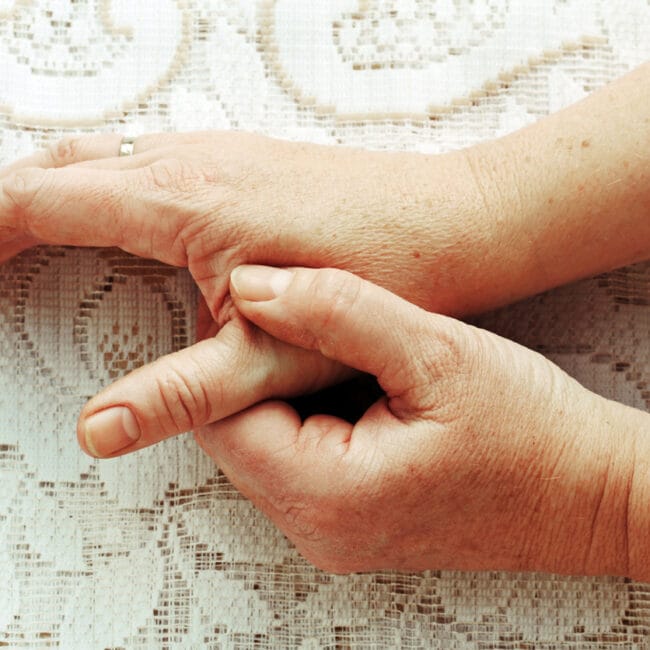When we think about posture, we often focus on our shoulders, back, and neck. However, one crucial component of posture that is sometimes overlooked is the role of our feet.
The feet serve as the foundation of our body, supporting our weight and facilitating movement. Considering this, any issues with the feet can therefore have a significant impact on overall posture. In this blog post, we’ll explore how the feet affect posture and the importance of addressing foot-related issues for optimal posture and musculoskeletal health.
The Foundation of Posture
Imagine building a house with a weak foundation – it would be at risk of collapsing under pressure. Similarly, our bodies rely on a strong foundation provided by the feet to maintain proper posture. When the feet are misaligned or experiencing issues such as flat feet, high arches, excessive pronation (rolling inward) or supination (rolling outward); it can throw off the body’s alignment and affect posture.
Common Foot-Related Postural Issues
Flat Feet (Pes Planus) or Fallen Arches:
Flat feet occur when the arch or arches on the inside of your feet ‘collapse’ causing the soles of the feet to become flatten and touch the ground. This can lead to overpronation (inward rotation) of the ankles, which may contribute to poor posture and alignment issues throughout the body.
High Arches (Pes Cavus)
Conversely, high arches result in an exaggerated arch of the foot, leading to supination and outward rotation of the ankles. This can also disrupt proper alignment and posture, potentially causing strain on the lower back and hips.
Overpronation and Supination
Individuals who overpronate or supinate may experience imbalances in their gait and weight distribution, which can affect posture over time. Overpronation can cause the knees to rotate inward, while supination may lead to outward rotation of the knees and hips.
Plantar Fasciitis
Plantar fasciitis, a common condition characterized by an inflamed plantar fascia (the tissue connecting the heel bone to the toes). This can cause heel pain and alter walking patterns, potentially impacting posture.

The Ripple Effect on Posture
When the feet are not correctly aligned or functioning optimally, this can create a domino effect on the rest of the body. Misalignments in the feet can lead to compensatory movements in the ankles, knees, hips, and even the spine, as the body tries to adapt and maintain balance. Over time, these compensations can result in muscle imbalances, joint pain, and poor posture.
Addressing Foot-Related Postural Issues
Custom Orthotics
Custom-made orthotic inserts can provide support and stability to the feet, helping to correct alignment issues and alleviate strain on the rest of the body.
Footwear
Choosing supportive and comfortable footwear with proper arch support and cushioning will help the foot maintain correct alignment, and therefore reduce the risk of postural issues.
Physical Therapy
Specific exercises and stretches aimed at strengthening the muscles of the feet, ankles, and lower body can improve stability, balance, and posture.
Podiatric Evaluation
Consulting with a podiatrist for a comprehensive evaluation of the feet and gait can help identify any underlying issues contributing to postural imbalances and develop a personalized treatment plan.
Conclusion
The feet are the foundation of our body’s structure, playing a critical role in maintaining proper posture and alignment. Issues with the feet, such as flat feet, high arches, or overpronation, can have far-reaching effects on posture and musculoskeletal health. By addressing foot-related issues proactively through proper footwear, custom orthotics, physical therapy, and podiatric care, individuals can improve their posture, alleviate pain, and enhance overall well-being. Don’t underestimate the importance of healthy feet for maintaining optimal posture and a balanced body.










